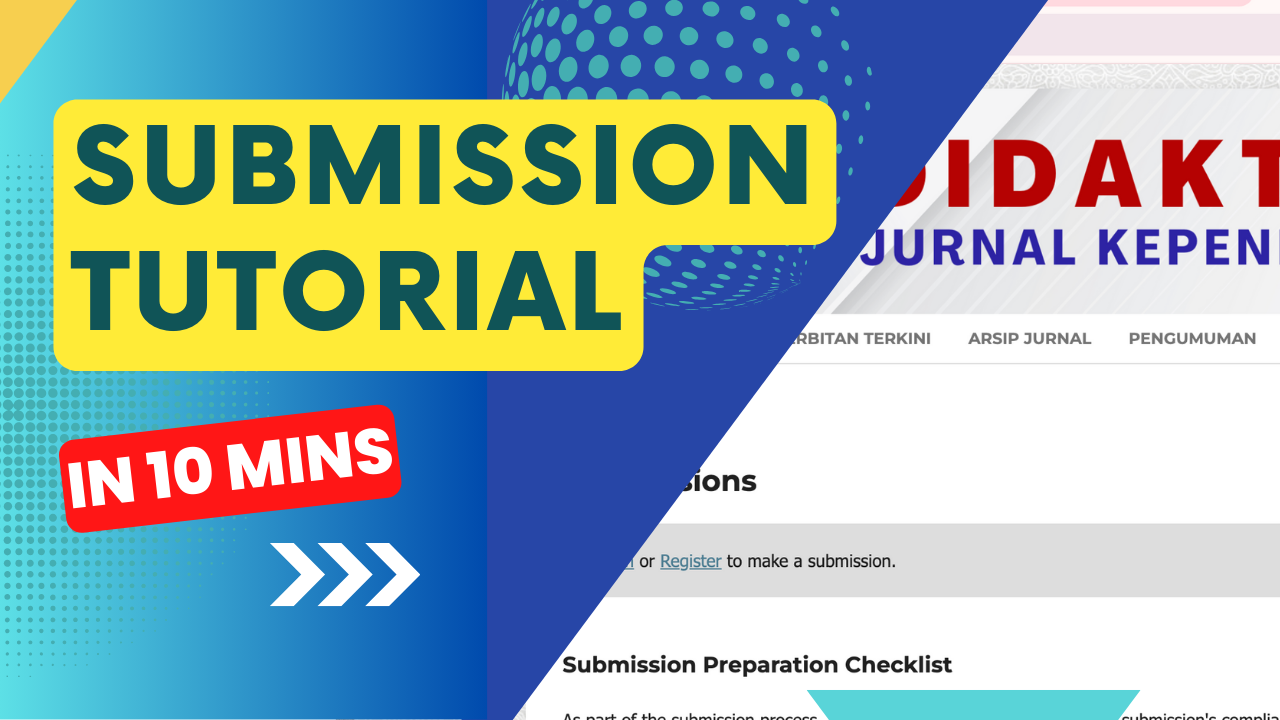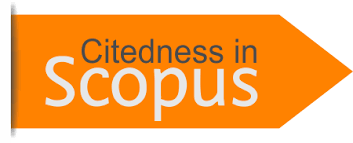The Microteaching Course Benefits towards the Students of English Education Study Program in Teaching Practice
Abstract
The aim of this study was to assess the advantages and responses experienced by students during their micro-teaching course, which serves as preparation for their teaching practice (PPL). The study employed a quantitative research method and was conducted within the English Education Program at Universitas Muslim Indonesia. The study's population consisted of eighth-semester students enrolled in the English Education Department, encompassing three classes. Data was collected using a Likert scale questionnaire, with a total of 60 students sampled from the entire population. Data collection was solely through the questionnaire. The results of the data analysis indicated that students held significantly positive perceptions regarding the benefits of micro-teaching courses, with 77% expressing very positive views. Additionally, students' responses to these courses were predominantly positive.
Metrics
References
Bell, N. (2007). Microteaching: What is it that is going on here? Linguistics and Education, 18, 24-40.
Can, V. (2009). A microteaching application on a teaching practice course. Cypriot Journal of Educational Sciences, 4.
Elias, S. K. (2018). Pre-Service Teachers’ Approaches to the Effectiveness of Microteaching in Teaching Practice Programs. Open Journal of Social Sciences, 6(5), 205. https://doi.org/10.4236/jss.2018.65016
Kane, M. (2016). Gifted Learning Communities: Effective Teachers at Work. In F. H. R. Piske, T. Stoltz, J. M. Machado, & S. Bahia (Eds.), Altas habilidades/Superdotação (AH/SD) e Criatividade: Identificação e Atendimento [Giftedness and Creativity: Identification and Specialized Service] (pp. 7-93). Curitiba: Juruá.
Koross, R. (2016). Microteaching an efficient technique for learning effective skills: Pre-service teachers’ perspective. International Journal of Education & Multidisciplinary Studies, 4(2), 289-299. https://doi.org/10.21013/irajems.v4.n2.p72013
Mannathoko, M. C. (2013). Does Teaching Practice Effectively Prepare Student Teachers to Teach Creative and Performing Arts? The Case of Botswana. International Journal of Higher Education, 2(2). https://doi.org/10.5430/ijhe.v2n2p115
Marais, P., & Meier, C. (2004). Hear our voices: Student teachers’ experience during practical teaching. Africa Education Review, 1, 220-233.
Masri Singarimbun, & Sofian Effendi. (1989). Metode Penelitian Survei. PT. Pustaka LP3ES Indonesia.
Sa'ad, T. U., Sabo, S., & Abdulahi, A. D. (2015). The Impact of Microteaching on the teaching practice performance of undergraduate agricultural education students in college of education. Journal of Education and Practice, 6(26), 78-80.
Sugiyono. (2017). Metode Penelitian Kuantitatif Kualitatif dan R & D. Bandung: Alfabeta.
Copyright (c) 2023 Wanda Amran, Rizkariani Sulaiman, Awaluddin Syamsu, Muhammad Affan Ramadhana

This work is licensed under a Creative Commons Attribution 4.0 International License.
Dengan mengirimkan naskah artikel, berarti penulis setuju dengan segala kebijakan yang ditetapkan oleh jurnal dan penerbit.
Penulis menyatakan bahwa:
- kebijakan ini telah diketahui dan disetujui bersama oleh semua penulis;
- naskah artikel belum dipublikasikan secara resmi sebelumnya di media ber-ISSN atau ber-ISBN yang terdaftar, kecuali dalam bentuk abstrak atau sebagai bagian dari materi kuliah, atau skripsi/tesis/disertasi yang tidak diterbitkan;
- naskah tidak sedang dalam proses editorial dan dipertimbangkan untuk publikasi di tempat lain;
- publikasi naskah ini telah disetujui oleh semua penulis, institusi afiliasi penulis, otoritas yang bertanggung jawab, dan lembaga di mana kegiatan telah dilakukan;
- naskah berisi materi yang aman dari pelanggaran hak cipta;
Perjanjian Hak Cipta dan Lisensi
- Penulis memiliki hak cipta dan hak kepemilikan lainnya yang terkait dengan artikel.
- Penulis memiliki hak dan diizinkan untuk menggunakan substansi artikel untuk karya-karya penulis berikutnya, termasuk untuk keperluan bahan/materi kuliah dan buku.
- Penulis menyerahkan hak publikasi pertama kepada jurnal dengan di bawah Lisensi Creative Commons (CC BY 4.0).
Pernyataan Lisensi CC BY 4.0
Anda diperbolehkan:
- Berbagi — menyalin dan menyebarluaskan kembali materi ini dalam bentuk atau format apapun;
- Adaptasi — menggubah, mengubah, dan membuat turunan dari materi ini untuk kepentingan apapun, termasuk kepentingan komersial.
Pemberi lisensi tidak dapat mencabut ketentuan di atas sepanjang Anda mematuhi ketentuan lisensi berikut ini.
- Atribusi — Anda harus mencantumkan nama yang sesuai, mencantumkan tautan terhadap lisensi, dan menyatakan bahwa telah ada perubahan yang dilakukan. Anda dapat melakukan hal ini dengan cara yang sesuai, namun tidak mengisyaratkan bahwa pemberi lisensi mendukung Anda atau penggunaan Anda.
- Tidak ada pembatasan tambahan — Anda tidak dapat menggunakan ketentuan hukum atau sarana kontrol teknologi yang secara hukum membatasi orang lain untuk melakukan hal-hal yang diizinkan lisensi ini.






.png)








